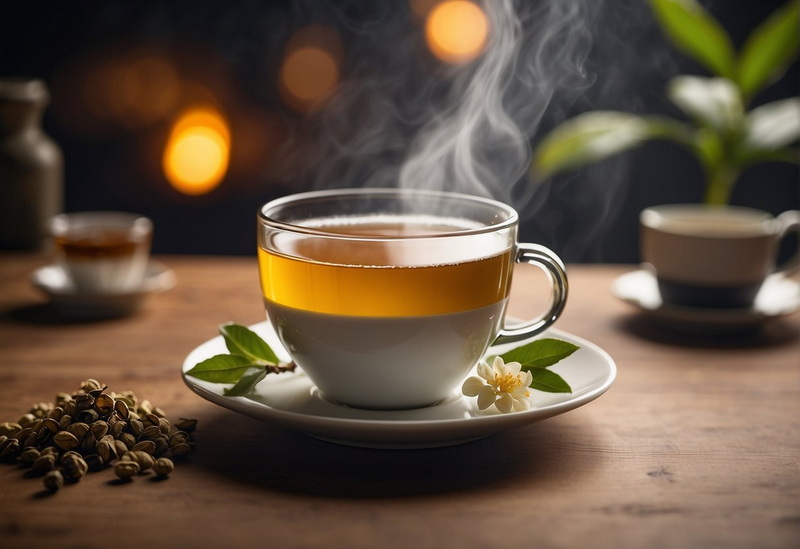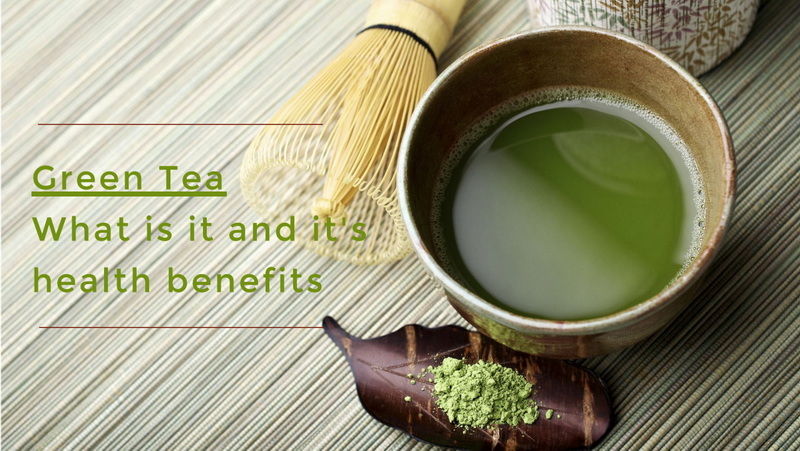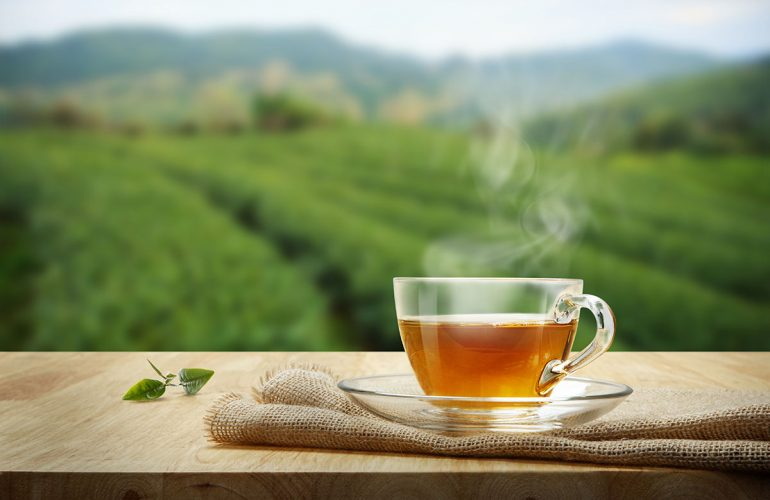Content Menu
● Understanding Caffeine in Green Tea Extract
● Caffeine Content Comparison
● Factors Influencing Caffeine Levels
● Health Benefits Associated with Caffeine in Green Tea Extract
● Potential Side Effects
● Comparing Green Tea Extract to Other Sources of Caffeine
>> Coffee vs. Green Tea Extract
>> Energy Drinks
>> Soft Drinks
● How Much Green Tea Extract Should You Take?
● Combining Green Tea Extract with Other Supplements
● Conclusion
● FAQ
>> 1. How much caffeine is typically found in a cup of brewed green tea?
>> 2. Can I take decaffeinated green tea extract?
>> 3. Is it safe to consume high doses of green tea extract?
>> 4. What are the health benefits of green tea extract?
>> 5. How does the caffeine in green tea compare to coffee?
● Citations:
Green tea extract is a popular dietary supplement derived from the leaves of the Camellia sinensis plant. Known for its numerous health benefits, it is often consumed for its antioxidant properties, potential weight loss effects, and cognitive enhancement. One of the most frequently asked questions regarding green tea extract is about its caffeine content. This article delves into the caffeine levels found in green tea extract, how they compare to other sources of caffeine, and what factors influence these levels.

Understanding Caffeine in Green Tea Extract
Caffeine is a natural stimulant that affects the central nervous system, providing a temporary boost in energy and alertness. The amount of caffeine in green tea extract can vary significantly based on several factors:
- Brand and Formulation: Different brands of green tea extract supplements may contain varying amounts of caffeine. For example, some products may have as little as 15 mg per serving, while others can exceed 200 mg.
- Type of Extract: Green tea extracts are available in various forms, including capsules, powders, and liquids. The concentration of active compounds can differ between these forms.
- Processing Method: The method used to process green tea leaves into extract can also impact caffeine levels. For instance, extracts that concentrate certain catechins may have different caffeine concentrations compared to standard extracts.
Caffeine Content Comparison
To better understand how much caffeine is typically found in green tea extract compared to other beverages, consider the following table:
| Beverage Type | Caffeine Content (mg) per Serving |
| Brewed Green Tea (8 oz) | 30-50 |
| Green Tea Extract (Capsule) | 15-200+ |
| Brewed Coffee (8 oz) | 95-200 |
| Energy Drinks | 80-300+ |
As shown in the table, brewed green tea generally contains less caffeine than coffee but can vary widely depending on the specific product and preparation method.
Factors Influencing Caffeine Levels
Several factors influence the caffeine content in green tea and its extract:
1. Tea Variety: Different types of green tea (e.g., matcha, sencha) have varying caffeine levels due to differences in leaf processing and growing conditions.
2. Brewing Time and Temperature: The longer and hotter you brew green tea, the more caffeine will be extracted. This principle also applies when making an extract from green tea leaves.
3. Leaf Processing: Shaded teas like gyokuro contain higher levels of caffeine compared to unshaded teas due to increased exposure to sunlight during growth.
4. Serving Size: The amount of green tea extract consumed will directly affect the total caffeine intake. Higher doses will naturally lead to higher caffeine consumption.
Health Benefits Associated with Caffeine in Green Tea Extract
The caffeine found in green tea extract is often accompanied by beneficial compounds such as catechins, particularly epigallocatechin gallate (EGCG). Together, they may provide several health benefits:
- Enhanced Metabolism: Caffeine can stimulate thermogenesis, potentially aiding weight loss efforts by increasing calorie burning.
- Improved Cognitive Function: The combination of caffeine and L-theanine (an amino acid present in green tea) may enhance focus and attention while reducing anxiety.
- Antioxidant Effects: Catechins are powerful antioxidants that help combat oxidative stress in the body.

Potential Side Effects
While moderate consumption of green tea extract is generally considered safe for most people, excessive intake can lead to side effects associated with high caffeine consumption:
- Jitters and Anxiety: High doses can cause restlessness or anxiety due to increased stimulation.
- Sleep Disturbances: Consuming caffeine late in the day may interfere with sleep patterns.
- Heart Palpitations: Some individuals may experience increased heart rate or palpitations with high caffeine intake.
Comparing Green Tea Extract to Other Sources of Caffeine
Understanding how green tea extract fits into your overall caffeine consumption requires a broader perspective on other common sources of caffeine:
Coffee vs. Green Tea Extract
Coffee is often seen as the primary source of caffeine for many people. A typical 8-ounce cup can contain anywhere from 95 to 200 mg of caffeine depending on brewing methods and coffee bean types. In contrast, green tea extract offers a more moderate alternative for those who might be sensitive to high levels of caffeine but still want some stimulant effects.
Energy Drinks
Energy drinks are another popular source of caffeine among consumers looking for a quick boost. They often contain between 80 to over 300 mg per serving along with additional stimulants like taurine or guarana. While these drinks provide a rapid energy surge, they may also come with unwanted side effects such as jitters or crashes after their effects wear off.
Soft Drinks
Traditional soft drinks like cola typically contain lower amounts of caffeine compared to coffee or energy drinks—around 30 mg per 12-ounce serving. However, they often come with added sugars and artificial ingredients that some consumers might prefer to avoid by opting for green tea extract instead.
How Much Green Tea Extract Should You Take?
Determining the right dosage for green tea extract depends on individual health goals and tolerance levels:
- General Health Benefits: For general health benefits, a daily intake ranging from 250 mg to 500 mg of green tea extract is commonly recommended. This amount typically provides sufficient catechins without excessive caffeine intake.
- Weight Loss Support: If using green tea extract specifically for weight loss purposes, doses may range from 500 mg to 1,000 mg daily. However, it's essential to consult with a healthcare provider before starting any new supplement regimen.
Combining Green Tea Extract with Other Supplements
Many individuals choose to combine green tea extract with other supplements for enhanced benefits:
- Caffeine Stacks: Some people combine it with other sources of caffeine like coffee or pre-workout supplements for increased energy during workouts.
- Fat Burners: Green tea extract is often included in fat-burning supplements due to its thermogenic properties that can help increase metabolism.
Conclusion
In summary, the amount of caffeine in green tea extract can vary widely based on brand, formulation, and preparation methods. While it typically contains less caffeine than coffee or energy drinks, certain extracts can pack a significant punch. Understanding these variations is crucial for consumers looking to manage their caffeine intake effectively while reaping the potential health benefits associated with this popular supplement.

FAQ
1. How much caffeine is typically found in a cup of brewed green tea?
A cup of brewed green tea generally contains between 30 to 50 mg of caffeine.
2. Can I take decaffeinated green tea extract?
Yes, decaffeinated versions are available for those sensitive to caffeine or looking to reduce their intake.
3. Is it safe to consume high doses of green tea extract?
While moderate doses are safe for most adults (up to 400 mg of caffeine daily), excessive consumption can lead to side effects like liver damage or increased heart rate.
4. What are the health benefits of green tea extract?
Green tea extract is known for its antioxidant properties, potential weight loss benefits, improved cognitive function, and support for cardiovascular health.
5. How does the caffeine in green tea compare to coffee?
On average, coffee contains significantly more caffeine than green tea; an 8 oz cup of coffee typically has 95-200 mg compared to 30-50 mg in an equivalent serving of brewed green tea.
Citations:
[1] https://www.livestrong.com/article/186702-how-much-caffeine-is-in-green-tea-extract/
[2] https://www.elo.health/articles/green-tea-extract-supplements/
[3] https://www.sugimotousa.com/blog/green-tea-vs-coffee-everything-you-need-to-know
[4] https://www.youtube.com/watch?v=CkdqsIhHEhM
[5] https://www.healthline.com/nutrition/10-benefits-of-green-tea-extract
[6] https://www.truecitrus.com/blogs/tc/clean-caffeine-in-green-tea-vs-coffee
[7] https://www.caffeineinformer.com/caffeine-content/green-tea-extract
[8] https://www.zhounutrition.com/blogs/the-greatness-files/green-tea-extract-q-a
[9] https://health.clevelandclinic.org/green-tea-extract-a-better-way-to-boost-energy-or-not
[10] http://www.greenskybio.com/blog5/best-answers-to-7-key-questions-about-green-tea-extract.html
[11] https://examine.com/supplements/green-tea-extract/
[12] https://www.webmd.com/vitamins/ai/ingredientmono-960/green-tea
[13] https://www.medicalnewstoday.com/articles/269538
[14] https://www.reddit.com/r/chemistry/comments/3gt1zo/how_much_caffeine_in_green_tea_extract/
[15] https://hammernutrition.com/blogs/endurance-news-weekly/green-tea-extract-in-fully-charged
[16] https://pubmed.ncbi.nlm.nih.gov/16506807/
[17] https://www.medicalnewstoday.com/articles/269538
[18] https://www.webmd.com/vitamins/ai/ingredientmono-960/green-tea
[19] https://pmc.ncbi.nlm.nih.gov/articles/PMC7098939/
[20] https://www.healthline.com/nutrition/10-benefits-of-green-tea-extract
[21] https://www.youtube.com/watch?v=Q8gBjZ5e3Bs
[22] https://pmc.ncbi.nlm.nih.gov/articles/PMC4307170/
[23] https://cytomatrix.ca/products/green-tea-extract-90-v-caps/
[24] https://www.youtube.com/watch?v=RIbff5iD0GQ
[25] https://www.youtube.com/watch?v=my7FIaS1mGQ
[26] https://pmc.ncbi.nlm.nih.gov/articles/PMC3649093/
[27] https://www.healthline.com/nutrition/green-tea-and-weight-loss

 English
English 




























